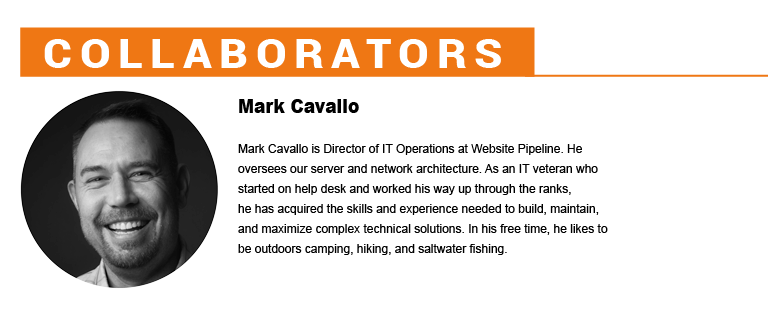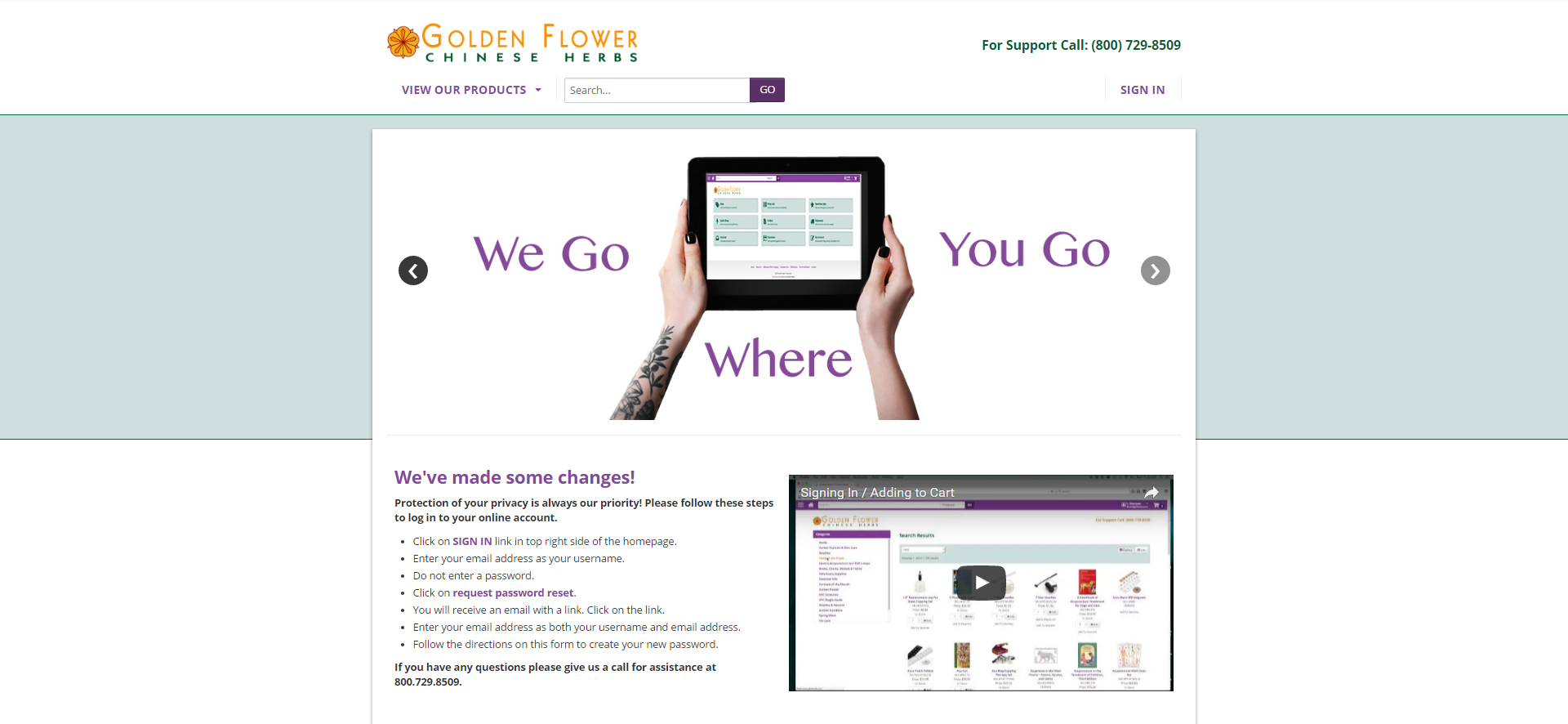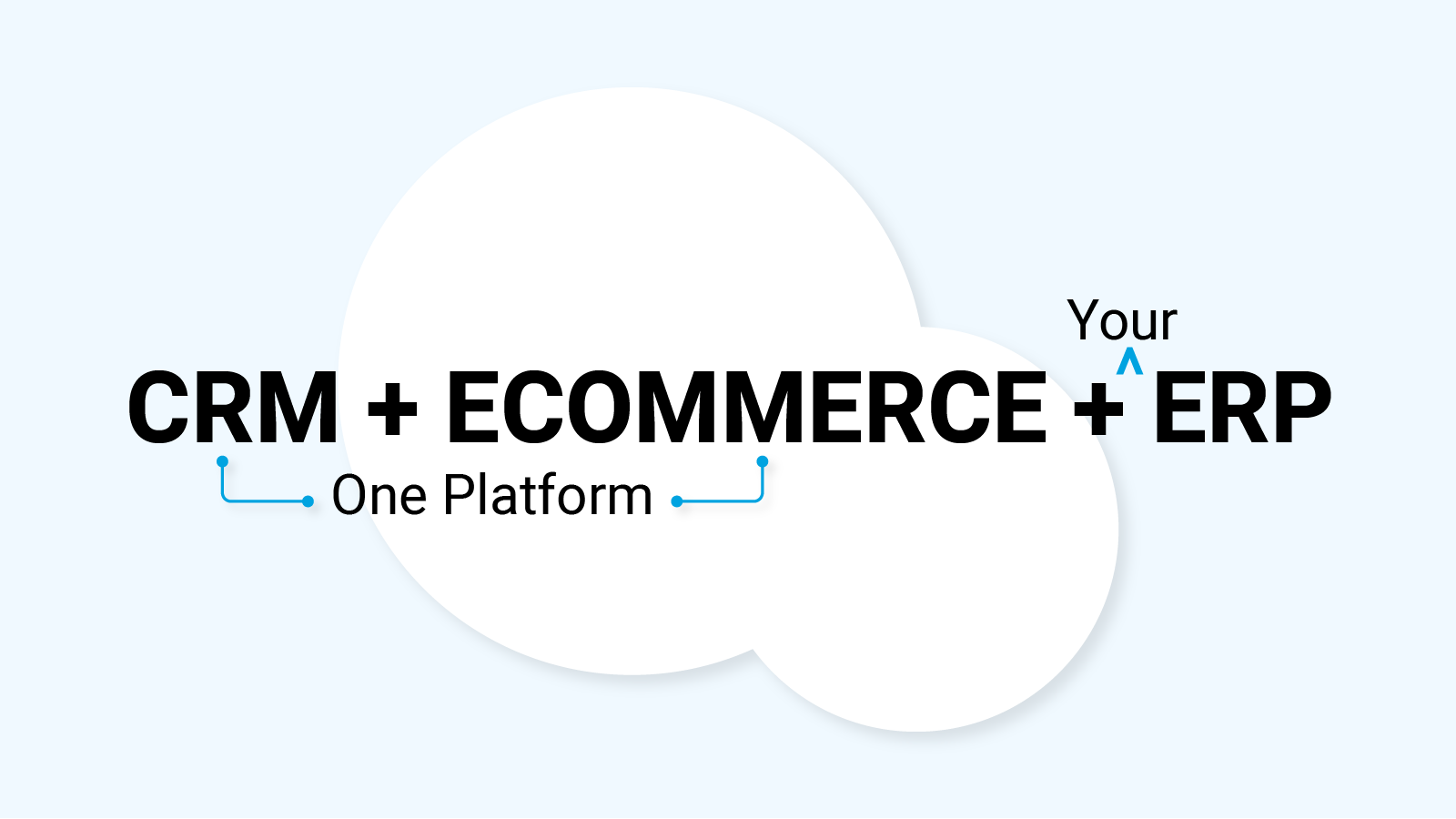How To Make Your Website More Reliable

Providing a reliable online presence to existing and potential customers involves quality presentation, usability, and performance.
Consumers have come to expect a certain experience when they browse and shop online. (You can thank Amazon, among others for this phenomenon.)
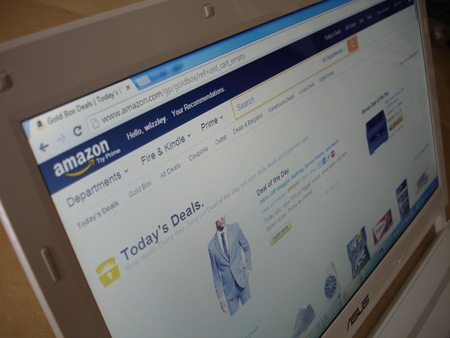
The holy grail of online shopping
When these expectations are not met, it doesn't take long for them to abandon your site in search of a safer alternative.
Why does this happen? Take a moment and imagine yourself online, looking for a specific product you would like to purchase. You do your research, discover what it is you are looking for, and proceed to search for a website that can sell you what you need.
You locate a promising site - it has the product you are looking for, at a price you are willing to pay.
As you move through the buying process, however, you notice some discrepancies between this site and other online stores you are familiar with. The user interface is clunky, and difficult to navigate. The design looks like it was done by a first year programming student - and it keeps crashing over and over as you attempt to browse and place your order.

Let me just whip out my credit card
Something inside of you should be screaming at this point “get the heck out of there!”
Because sites that operate like the example above have a bad reputation for being unreliable and/or fraudulent.
Consumers instinctively shy away from making purchases from sources they do not feel are trustworthy or reliable - and rightly so. In addition to credit card theft and information leaks, we’ve all heard the various horror stories of e-commerce purchases gone wrong.
The site in question, no matter how trustworthy it actually is, is exhibiting some of the characteristic red flags of an unreliable website.

We've all been there
Poor user experience and unreliability almost always trump low price, fast shipping, selection, and availability in influencing consumer behavior.
In fact, ZeroLag Hosting research indicates:
-
51% of online shoppers say slowness is the #1 reason they leave a website
-
79% of visitors who are unhappy with the overall performance of a website will never return

You might want to write it on your whiteboard so you don't forget
Now, put your website to the test. Does it say “trustworthy” or does it say “beware”. What red flags are you unintentionally displaying to the public?
There are a few tried and true ways to ensure your online presence doesn’t play into the preconceived fears and hesitations (sometimes subconscious) that buyers experience when shopping online.
First, make sure you present a professional, easy to use website that customers can easily navigate through to find what they need.

That's more like it
The more options you give them, the better you look. Add search features, breadcrumbs, filters, detailed images, videos, and product descriptions that make people want to buy from you.
Invest in quality hosting that ensures your site is performing at the highest level.
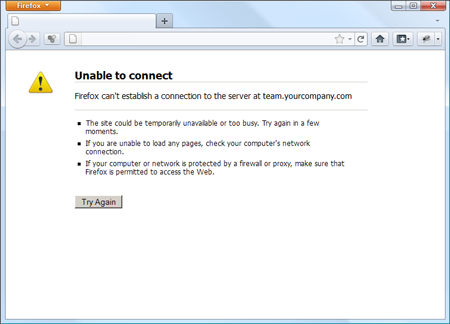
This is the screen of death for online sales
An uptime of 99.5% or above is the industry standard, but 99.99% is better. The higher the percentage of uptime, the less time your site is down and you are unable to process sales.
If a browser makes it to your site, and the whole website is down, those alarm bells start going off in their head whether they realize it or not. Who wants to do business with a company that can’t keep its website up and running? Chances are they won’t be back.
It’s not fair (even with 99.99% uptime, there will still be 5 minutes a year that you might experience a lapse), but it’s the truth. Downtime reflects poorly on your company’s image and the more you can do to mitigate it the better. Try to schedule any unavoidable maintenance for hours with the lowest traffic - usually overnight.
To make your website run more quickly and consistently, choose a dedicated server for your hosting instead of a shared one.
That sharing thing you learned in kindergarden - not so great for website speeds
When you share a server with an unknown individual or company, you run the risk of decreased speed if they are using more than their fair share of the bandwidth. Choosing a dedicated server also reduces vulnerability of your website to malicious viruses and cyber attacks which can more easily access your information via your sharing buddy on the same server.
Another way you can keep your site up to speed and functioning as it should is to make data retrieval faster and more readily available.

Super fast data exchange
You can achieve this by making sure your hosting platform stores your website data in an efficient manner. Database information used to run your website should be stored and retrieved in what are known as database clusters.
Database Cluster - A group of two or more independent servers functioning as a single system. Clusters are configured in a way that distributes transactions across multiple servers, thus balancing the load and enabling data to be retrieved more quickly.
Database clusters should also be configured for redundancy so that in the event a primary cluster should fail a duplicate is standing by to pick up the work until the primary database comes back online. This prevents website unavailability and prolonged downtime.
In much the same way speed and reliability are achieved through database clustering for back-end information, web arrays are used to retrieve website content (such as images, descriptions, and multi-media) quickly.
Web Array - Several autonomous web servers used to store website content. Any one of these servers are able to distribute necessary data to the website independently of the others.
This parceled method of storage and retrieval is what creates a lightning fast customer experience. As a result of redundant data locations, the website owner also enjoys the added benefit of consistent uptime.
TL;DR - If you are an honest, reliable company, don’t tell a different story with your website. Make the right decisions when it comes to presentation and performance and you will do infinitely better at competing, and succeeding in the e-commerce world.